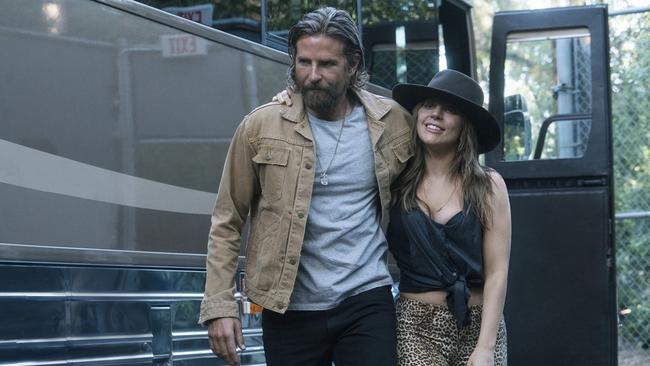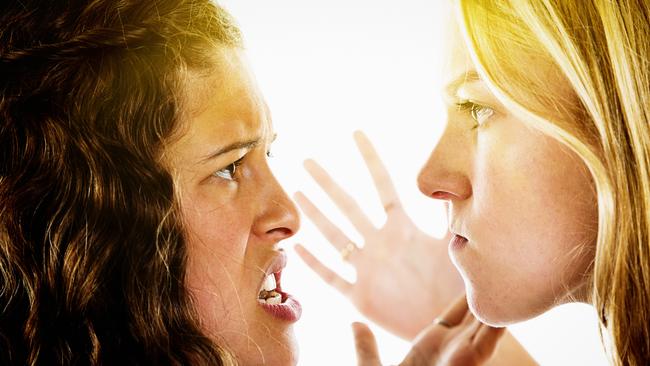How can I help my husband with his drinking problem?
What should you do if you suspect your loved one is an alcoholic, yet they refuse to acknowledge it? Clinical psychologist Jo Lamble has some expert advice.

Stellar
Don't miss out on the headlines from Stellar. Followed categories will be added to My News.
What should you do if you suspect your loved one is an alcoholic, yet they refuse to acknowledge it? Clinical psychologist Jo Lamble has some expert advice.
I have been with my husband for almost 20 years. I have always been worried that he drinks too much, but in the past few years this has worsened and I am quite certain he has a serious drinking problem.
We have a 13-year-old daughter and even though he is a loving father to her, and a supportive partner to me, I am frustrated and hurt that he refuses to get help.
As much as I am reluctant to break up our family, I am feeling increasingly concerned that this can’t go on. What would you suggest?
We define someone as having a drinking problem if it interferes with their life. In other words, if alcohol is impacting on a person’s health or their ability to function at work or at home, then it’s a problem.

And from what you’re saying, your husband’s drinking is affecting his relationship with you. Does your husband realise this? Even if he doesn’t believe that he drinks too much, does he know that your relationship is suffering?
My advice would be to always speak in terms of how you are being affected, rather than telling him that he’s drinking too much. If he realises how impacted you are, he might seek help to change his behaviour.
It’s always a good idea to also talk about what your daughter is observing and how it may affect her future relationship with alcohol.
But it’s still going to come down to whether your husband wants to change.
Make sure you send him the clear message that you are making decisions about your future and his drinking is impacting those decisions.
I am not suggesting that you make threats to leave, but many people are shocked when their partner ends a relationship because they didn’t realise just how big an issue there actually was.

I have a problem with my family. Both of my parents are deceased and I have looked after my youngest sister since she was young.
I helped her pay her tuition to finish her degree when she was studying. And after she got married and started a family with her husband, their two children were born with cleft palate and I helped them get medical care.
But now my sister has started telling me that I am not a good person, and she doesn’t want to see me anymore.
I’ve tried to stay friends, but she ignores me, and neither she nor her children are interested in having anything to do with me. What can I do?
You must be feeling so hurt and rejected after everything you’ve done for your sister and her children.
Something must be going on for her. There must be a reason why she has turned her back on you.
MORE STELLAR:
What Collette Dinnigan did next
Sam Armytage: ‘I refuse to lie about my age’

The best thing you can do right now is to try to think what that reason may be. I’m talking about having empathy for her. Empathy doesn’t mean that you blame yourself for what’s happened. It means that you try to understand why she’s behaving like she is.
Perhaps she is feeling controlled or judged in some way. Maybe she doesn’t like to feel indebted to you.
There’s a chance that she might be embarrassed or guilty or ashamed about what has happened. Perhaps she’s feeling inferior to you. Or maybe she’s really angry about something that’s been said or done.
It’s better to have a conversation with her after you have tried to tap into what might be going on for her. Of course, it’s important to express how you’re feeling, but going via empathy for her is a far more effective path.
Got an issue for Jo to tackle? Send your questions to stellar@news.com.au.
